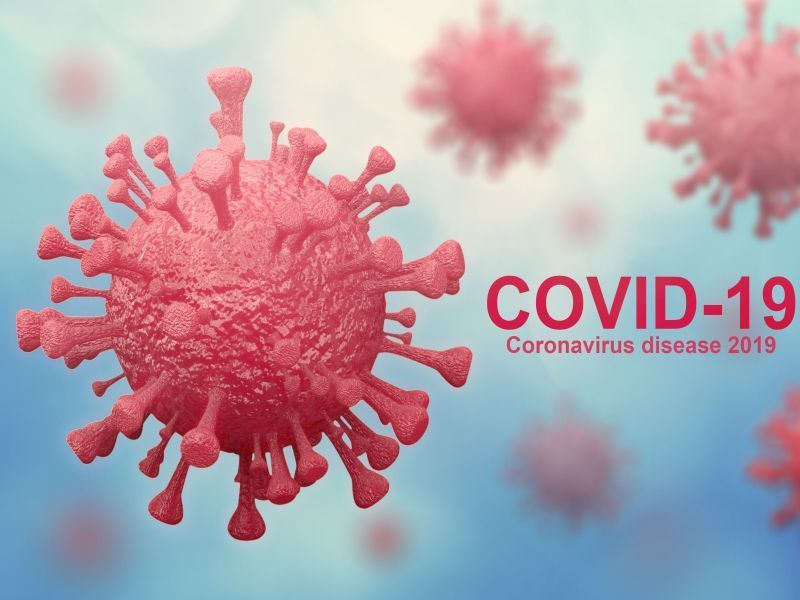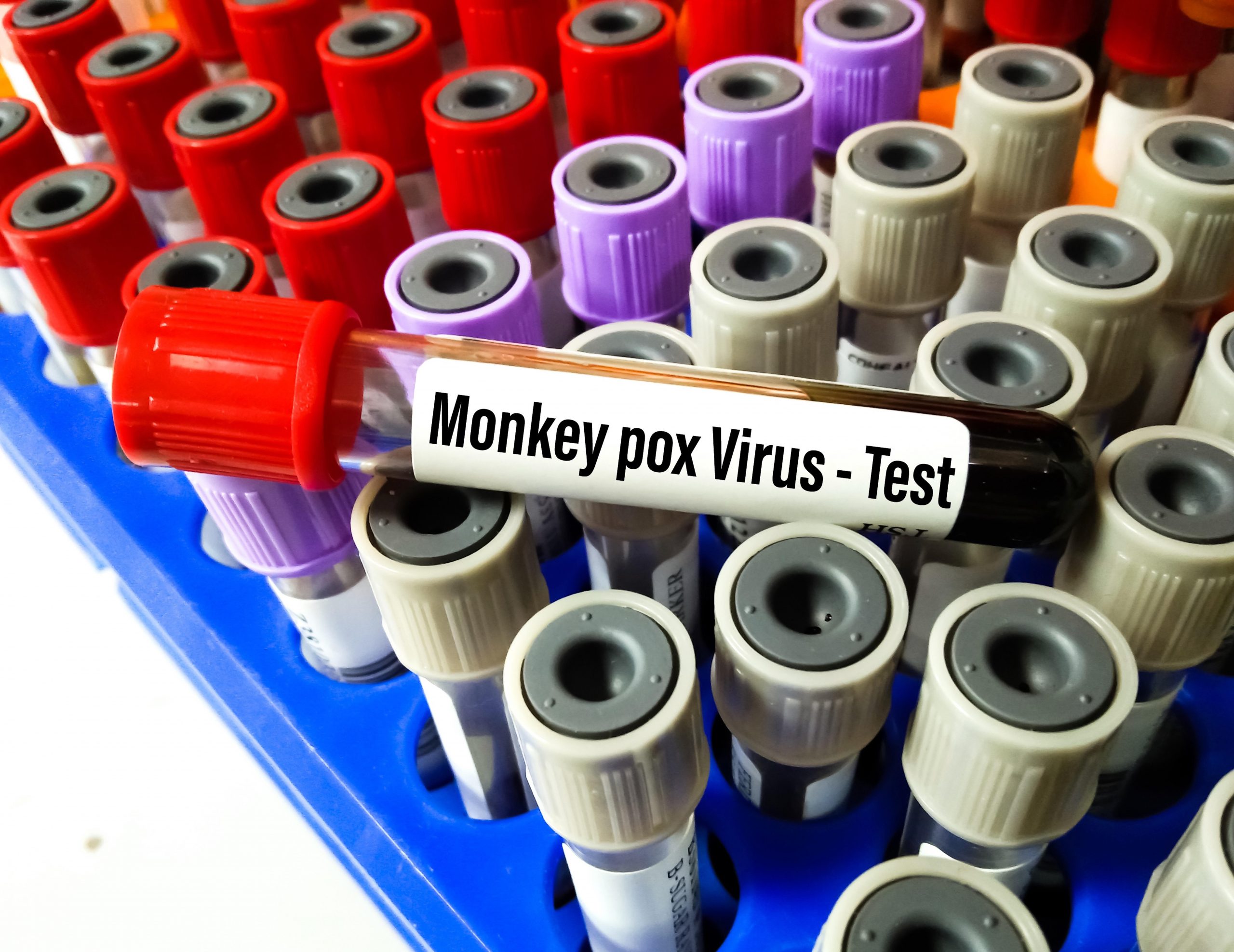
After contracting COVID-19 last week, President Joe Biden has tested negative for the virus and ended his isolation period. In a tweet posted Wednesday morning, President Joe Biden shared a photo of his negative test and added, “Back to the Oval.” “Thanks to Doc for the good care, and to all of you for your… read on > read on >






























